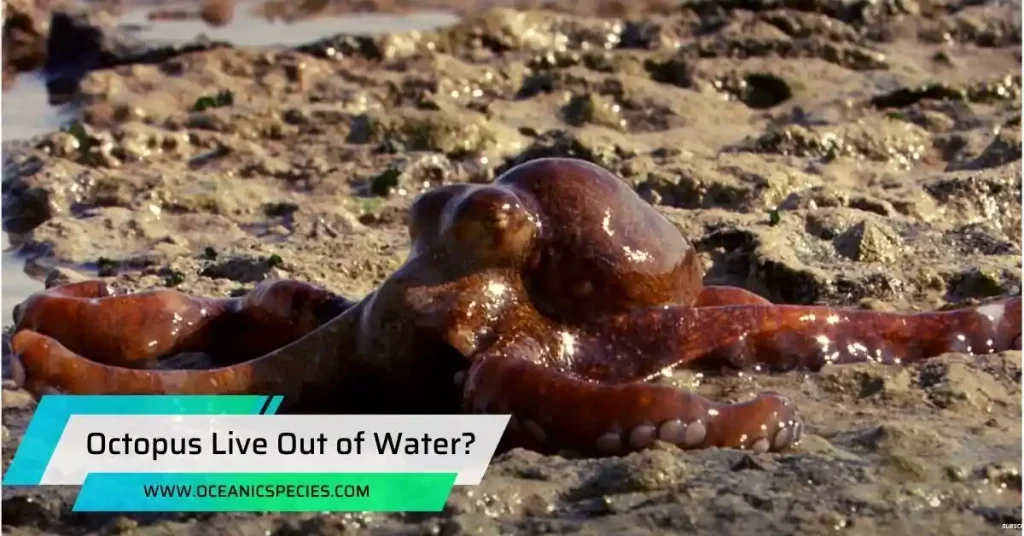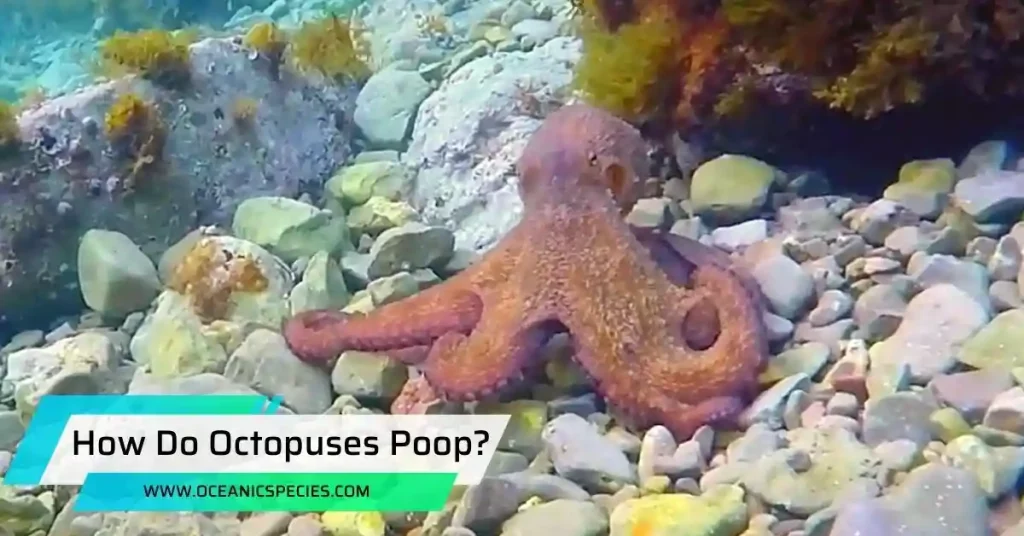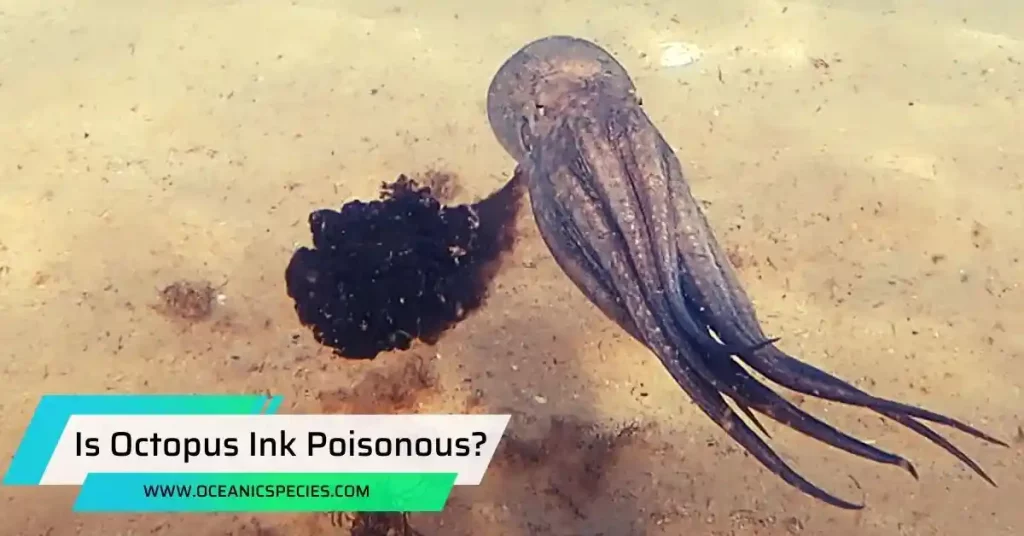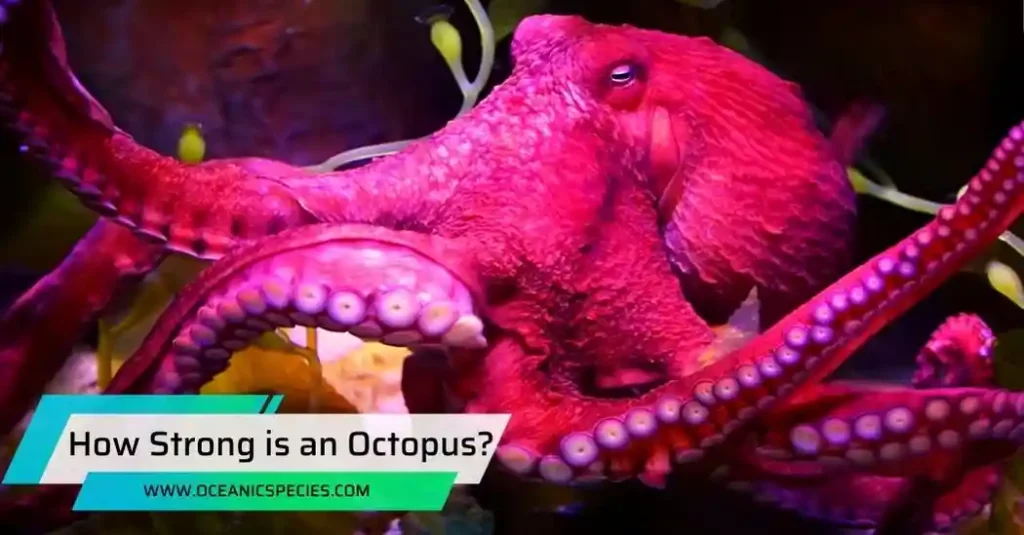An octopus can live out of water for approximately 20-30 minutes before it starts to struggle. Octopuses need water to survive, as they take in oxygen through their gills.
However, some octopuses have the ability to leave the ocean and hunt in tidepools or even on land. They are able to do this because they can absorb oxygen through their skin. It’s important to note that while they can briefly survive outside of water, they cannot survive for extended periods and rely on their aquatic environment for survival.
So, an octopus’s ability to live out of water is limited to a short duration.
Importance Of Water For An Octopus’S Survival
Water is essential for an octopus’s survival as it provides the necessary environment for maintaining bodily functions. It helps regulate the octopus’s body temperature and prevents dehydration. Water also enables the octopus to move and navigate through its environment effectively. It provides stability and buoyancy, allowing the octopus to maintain its shape and swim freely. The presence of water is crucial for the octopus’s respiration and oxygen exchange.
Role Of Gills In Extracting Oxygen From Water
Octopuses have gills, which are respiratory organs specialized for extracting dissolved oxygen from water. The gills are located within the mantle cavity and are protected by a flap called the operculum. As the octopus pumps water through its mantle cavity, the gills extract oxygen molecules and release carbon dioxide waste.
The oxygen-rich blood is then circulated throughout the octopus’s body, providing oxygen to its tissues and organs. The efficient extraction of oxygen from water is vital for an octopus’s survival and allows it to thrive in aquatic environments.
How Octopuses Breathe Out Of Water

Octopuses can survive for around 20-30 minutes outside of water, as they need water to breathe and take in oxygen through their gills. Although some octopuses can crawl short distances on land for hunting purposes, they primarily rely on water for their survival.
Definition Of Breath-Holding Ability:
Octopuses have the remarkable ability to “breathe” outside of water for a limited period of time. While they primarily use their gills to extract oxygen from water, they can adapt to survive in an air environment for short durations. This unique adaptation allows octopuses to explore areas beyond the boundaries of their aquatic homes.
The Limit Of An Octopus’S Ability To Survive Without Water:
An octopus’s ability to survive without water is limited, and they rely on their ability to hold their breath. Generally, they can only survive for around 20-30 minutes outside of water. Beyond this time frame, their survival becomes increasingly challenging, and they risk dehydration and tissue damage.
Factors Affecting An Octopus’S Ability To Breathe Out Of Water:
Various factors can influence an octopus’s ability to breathe outside of water. These factors include:
- Temperature: Octopuses are cold-blooded creatures, meaning their body temperature matches that of their surroundings. Higher temperatures can increase their metabolism, resulting in faster breathing rates and a shorter survival time.
- Humidity: High levels of humidity can help slow down an octopus’s rate of water loss through evaporation, thus extending their survival time outside of water.
- Species-specific Traits: Different octopus species may have varying abilities to tolerate low humidity or high temperatures. Some species have evolved better adaptations to withstand longer periods out of water, while others may struggle.
Surprising Examples Of Octopuses On Land
But they can only survive for short periods of time, usually around 20-30 minutes, as they need water to breathe through their gills. Abdopus aculeatus is known as the “only land octopus” as it can crawl short distances on land, but no other octopuses do so routinely.
Abdopus Aculeatus: The “Land Octopus”
Abdopus aculeatus, commonly known as the “land octopus,” is a unique species of octopus that has garnered attention for its ability to survive and thrive on land. Here are some key points about this fascinating creature:
Adaptations for terrestrial locomotion:
The land octopus possesses special adaptations that allow it to navigate land environments. These include:
- Elongated tentacles and a flexible body, which aid in crawling across different surfaces.
- Suckers on its tentacles that provide grip and traction on land.
- Leveraging muscle contractions to move its body in a caterpillar-like motion.
Behavior and habitat:
- The land octopus is predominantly found in tidal pools and intertidal zones, where it can enjoy the best of both aquatic and terrestrial environments.
- It ventures onto land to explore and hunt for food, primarily targeting crabs and other small prey.
Relationship with tidal pools and crab hunting:
- Tidal pools serve as crucial habitats for the land octopus, providing both water and land access.
- During low tide, these octopuses strategically leave the water and venture onto land in search of crabs, their preferred food source.
- They use their incredible camouflage abilities to blend into the surroundings and surprise unsuspecting prey.
Other Octopus Species’ Occasional Land Encounters
While Abdopus aculeatus is the most well-known land-dwelling octopus, other octopus species have also been observed on land in rare instances. Here are a few examples:
Octopus marginatus:
This species, primarily found in Indonesia, has been observed crawling on land to hunt for food and escape predators. It exhibits similar adaptations to Abdopus aculeatus, such as elongated tentacles and flexible body movements.
Octopus cyanea:
Known for its vibrant appearance and large size, the O. Cyanea octopus has been witnessed leaving the water and traversing over rocks and coral in pursuit of prey.
Behavior And Motivations Behind Land Encounters
While the exact motivations for octopuses leaving the water and venturing onto land are not fully understood, several theories have been proposed:
Food availability:
Octopuses may venture onto land to access new food sources, such as crabs and other prey that inhabit the intertidal zone.
Predator avoidance:
Leaving the water momentarily could allow octopuses to escape potential predators. By taking advantage of their camouflage abilities and unique locomotion, they can find refuge in crevices and areas inaccessible to larger predators.
Environmental exploration:
Octopuses are intelligent creatures with a natural curiosity. Venturing onto land could be a way for them to explore new environments and expand their behavioral repertoire.
Limitations And Risks Of Staying Out Of Water

While octopuses have adapted fascinating ways to survive on land temporarily, there are inherent risks and limitations to their terrestrial ventures.
Drying out:
Octopuses are reliant on water for respiration and maintaining moisture in their bodies. Prolonged exposure to air can lead to dehydration, impairing their ability to thrive.
Reduced mobility:
Although octopuses possess adaptations for terrestrial locomotion, their movement on land is slower and less efficient compared to their underwater agility.
Limited time span:
Octopuses can survive on land for only a short period before needing to return to water. The exact time frame varies depending on species and environmental factors.
Frequently Asked Questions
Can An Octopus Live On Land?
No, an octopus cannot live on land. It needs water to survive and breathe through its gills.
How Does An Octopus Survive Out Of Water?
Octopuses survive out of water by absorbing oxygen through their skin, allowing them to temporarily leave the ocean to hunt in tidepools or on land. However, they cannot survive outside of water for extended periods.
Conclusion
An octopus can survive outside of water for a limited amount of time. While they need water to survive and take in oxygen through their gills, some octopuses have the ability to leave the ocean and venture onto land or hunt in tidepools.
This is made possible by their remarkable ability to absorb oxygen through their skin. However, octopuses cannot survive outside of water for extended periods of time. They can typically survive for around 20-30 minutes before needing to return to their aquatic habitat.
It’s important to note that while certain octopus species like the Abdopus aculeatus have been observed walking on beaches and moving from one tidal pool to another, this behavior is not common among all octopuses. Overall, the adaptability of octopuses in different environments is fascinating, but their primary dependence on water remains crucial for their survival.





